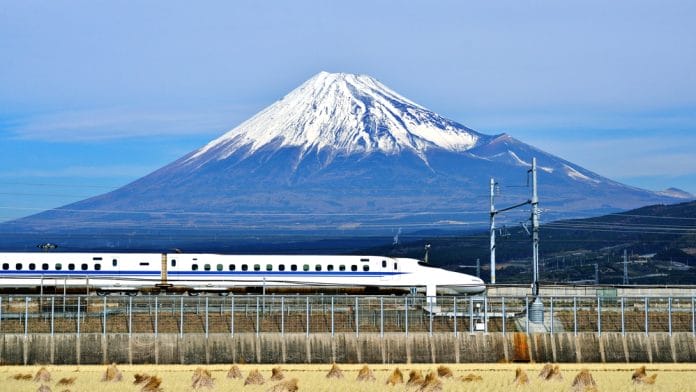Railway companies are breaking into Japan’s finance sector, teaming up with online banks to retain and attract customers as the industry adjusts to the post-COVID landscape.
Keio, which operates commuter lines in the Tokyo area, in September became the first domestic railway company to start banking services.
The spread of the coronavirus pandemic, and with it remote work, spurred the company to search for ways to build long-term connections with customers who were riding trains far less often. Waning traffic has persisted beyond the pandemic lockdowns, with Keio carrying 16% fewer passengers between April and September this year than in the same period in 2019.
It quietly reached out in 2022 to major online bank SBI Sumishin Net Bank. SBI Sumishin specializes in banking as a service (BaaS), providing banking functions for client companies. Keio’s view was that daily interaction with customers via bank transactions could fill the void left by the ridership decrease.
Keio Neobank was launched about a year and a half later, offering deposits and payments using a smartphone app. Users can earn Keio points, with bonus points offered for home loans taken out through the company’s real estate arm.
While SBI Sumishin is the one funding the loans, mortgages in particular mesh with the real estate business that Keio has made a focus as a field that does not rely on passenger traffic.
Keio looks to bring in customers living along its railway lines by providing everything from housing to loans in one place. It aims to increase revenue from real estate sales by 50% in fiscal 2024 compared to fiscal 2021. The company is also considering using deposit and payment data in other businesses such as retail.
Peer East Japan Railway will launch JRE Bank next spring, providing deposits and housing loans. It aims to increase business at commercial facilities it operates by integrating bank accounts with its point system and commuter rail passes.
Rakuten Bank will provide banking functions. A major selling point is that ATMs, operated by subsidiary Viewcard, inside JR East stations will offer unlimited free withdrawals, pointing riders to financial services.
Such partnerships let online banks tap into the strong customer bases of railway companies to grow deposits and loans.
“While there aren’t many fans of specific banks, there are many railway fans. [Deposits made through Keio] have a high retention rate because of the close connection to the local area,” said a SBI Sumishin representative.
Rakuten Bank President Hiroyuki Nagai said that “with BaaS, we don’t chase numbers, but rather collaborate with companies that have unique and powerful assets and know-how that banks couldn’t have.”
SBI Sumishin is leveraging the customer bases of transportation companies more broadly, providing BaaS to Japan Airlines as well. It plans to more than quadruple BaaS accounts between fiscal 2022 and fiscal 2025 to over 3.5 million, and eventually have the business generate about half its profits. – NikkeiAsia









